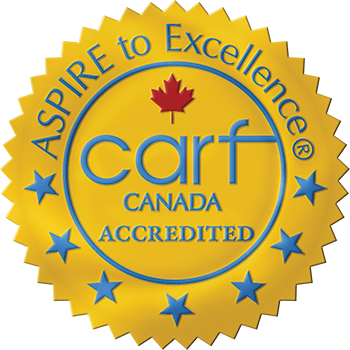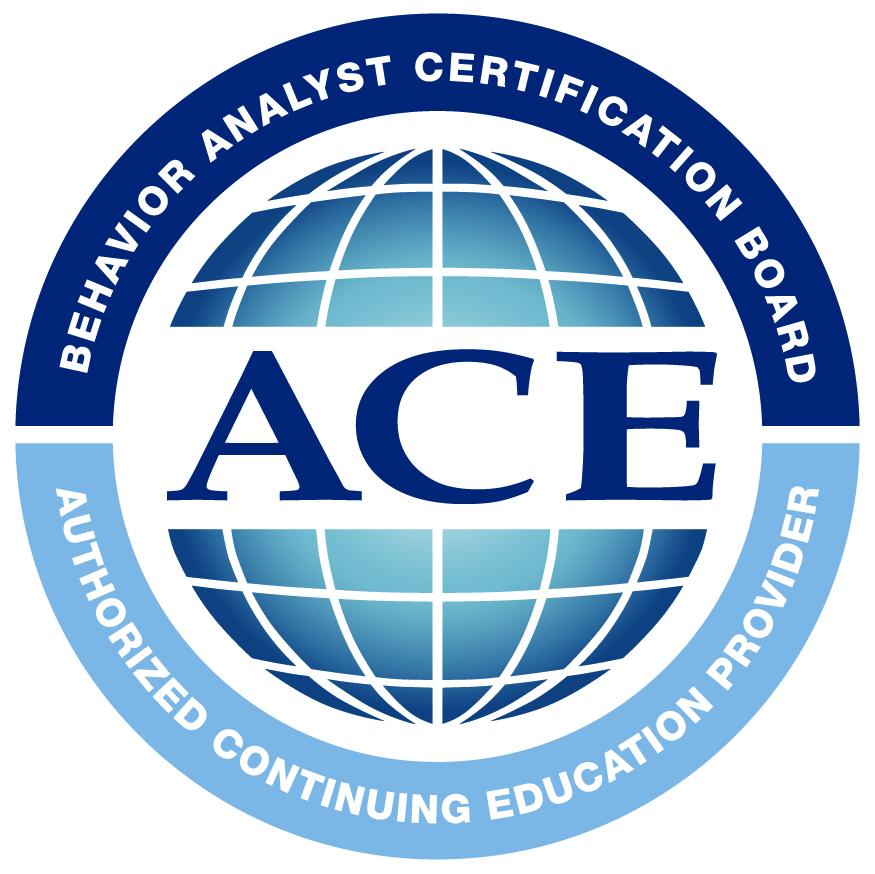Highlights ABCD in action at Inclusion BC conference
Natalie Hamilton
By connecting a Cincinnati man who has a sense of humour with others who appreciate his wittiness, his circle of friends grew from zero to 15 or 20.
When he fell ill and was without a diagnosis for several weeks, his mother was frantic. But the man’s friends dropped by his house to visit, deliver food and send prayers his way.
While on the mend, the man’s mother shared with Joe Erpenbeck how fortunate she felt to have her son’s friends by his side and hers as well.
The reciprocal relationship between the man and his friends is an example of asset-based community development (ABCD) in action.
The story of the Cincinnati man remains poignant for Joe, posAbilities’ director of ABCD, who shared this anecdote during a recent workshop.
Joe made a presentation called Lessons from Community Development during Inclusion BC’s 2013 conference May 23-25 in Vancouver.
Inclusion BC presented the conference, WE are Community: Defining Inclusion, in co-operation with its members and co-hosts – posAbilities, the Spectrum Society for Community Living and the BC Centre for Ability.
Joe discussed highlights of his work in ABCD over the course of eight years in Cincinnati. Sharing the floor with Joe were three community connectors from posAbilities, Laura Kosciecha, Meredith McNulty and Erica Evans.
They imparted lessons learned from their work and pointed out the importance of focusing on people’s assets and gifts and making proper introductions when attempting to connect people.
“Introducing people as friends and not a client of a program or a service” is crucial, Joe says.
“The language and how we do that is key sometimes. We need to get rid of the typical social services language.”
By focusing on a person’s strengths and passions instead, the connections are more natural, like in the case of the Cincinnati man.
They zeroed in on his sense of humour and “it sparked a lot of friendships,” Joe explains.
Joe also discussed how ABCD is not a disability issue but rather a community one and highlighted the value of spending time in neighbourhoods. ABCD involves tapping into the potential of the welcoming, hospitable spaces that already exist in the community.
“Through an asset-based lens, things generally go well,” Joe says. “The community can do amazing things.”
The speakers also discussed how posAbilities is digging deeper into utilizing ABCD with the addition of Joe to its team. “We’re just getting some of our initiatives going,” Joe says. PosAbilities is in the process of hiring a team of five connectors and securing a Vancouver location to serve as a community hub for ABCD work.
PosAbilities led several workshops at the conference ranging from Creative Community Fundraising to Positive Parenting.
You can comment on this story below, or e-mail natalie(at)axiomnews.ca.










